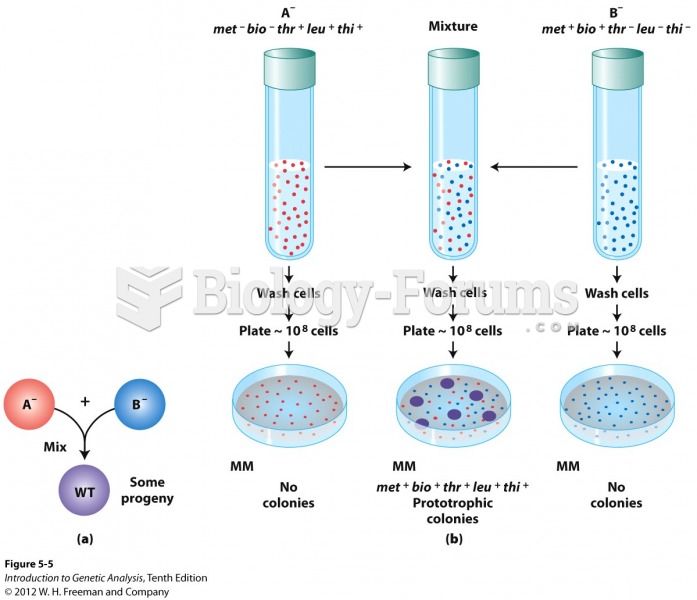This topic contains a solution. Click here to go to the answer
|
|
|
Did you know?
The eye muscles are the most active muscles in the whole body. The external muscles that move the eyes are the strongest muscles in the human body for the job they have to do. They are 100 times more powerful than they need to be.
Did you know?
The calories found in one piece of cherry cheesecake could light a 60-watt light bulb for 1.5 hours.
Did you know?
Women are 50% to 75% more likely than men to experience an adverse drug reaction.
Did you know?
According to the CDC, approximately 31.7% of the U.S. population has high low-density lipoprotein (LDL) or "bad cholesterol" levels.
Did you know?
Nearly 31 million adults in America have a total cholesterol level that is more than 240 mg per dL.







